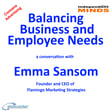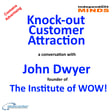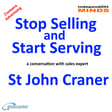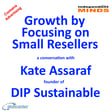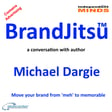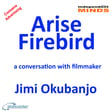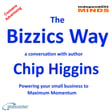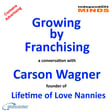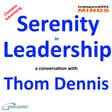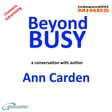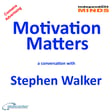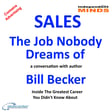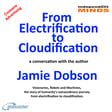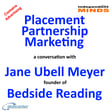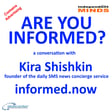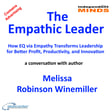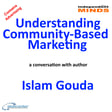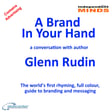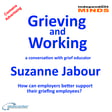
Build, market and launch successful products and services – a conversation with David Fradin
David Fradin has been building successful products and services since 1969, at organizations including at HP as well as Apple, where he was at the same management level as Steve Jobs.
Now he has used all his experience to create the S.P.I.C.E Catalyst.
S.P.I.C.E Catalyst is on a mission to help aspiring and experienced product professionals and to build insanely great products and services that delight customers and create value.
In this episode of The Independent Minds David outlines the S.P.I.C.E Catalyst Model to host Michael Millward and shares the experience that helped him create it.
The Independent Minds is made on Zencastr, the all-in-one podcasting platform, on which you can create your podcast in one place and then distribute it to the major platforms. Zencastr really does make creating content so easy.
Try podcasting using Zencastruse our offer code ABECEDER.
Find out more about both Michael Millward and David Fradin at Abeceder.co.uk
Buy Books written by David Fradin
Travel
David Fradin is based in California, USA.
If you would like to travel to California, the best place to make your travel arrangements is The Ultimate Travel Club, which is where you can access trade prices for flights, hotels and holidays. Use my offer code ABEC79 to receive a discount on your membership fee.
Matchmaker.fm
Thank you to the team at Matchmaker.fm the introduction to David.
If you are a podcaster looking for interesting guests or if like David, you have something interesting to say Matchmaker.fm is where matches of great hosts and great guests are made. Use our offer code MILW10 for a discount on membership.
Three the network
If you are listening to The Independent Minds on your smart phone, you may like to know that Three has the UK’s Fastest 5G Network with Unlimited Data, so listening on Three means you can wave goodbye to buffering.
Visit Three for information about business and personal telecom solutions from Three, and the special offers available when you quote my referral code WPFNUQHU.
Being a Guest
If you would like to be a guest on The Independent Minds, please contact using the link at Abeceder.co.uk.
We recommend that potential guests take one of the podcasting guest training programmes available from Work Place Learning Centre.
We appreciate every like, download, and subscriber.
Thank you for listening.
